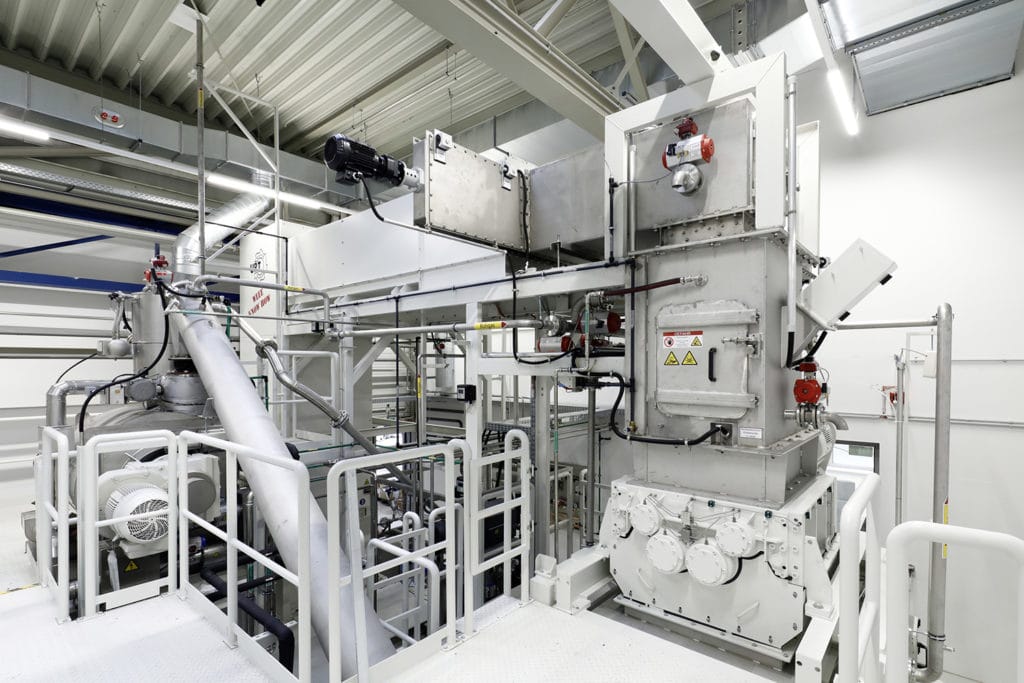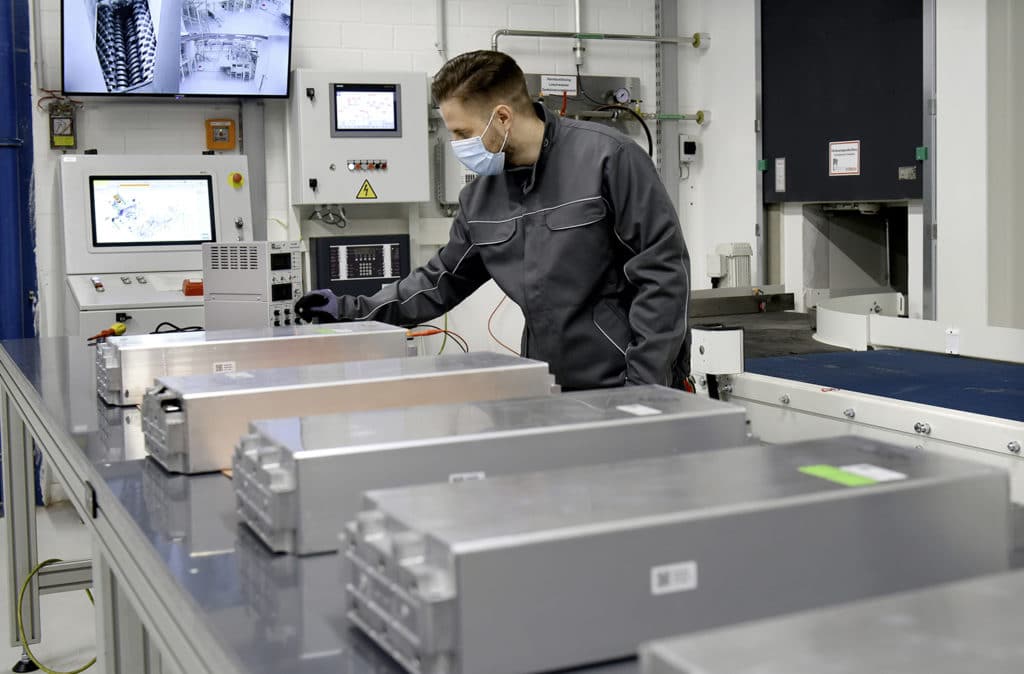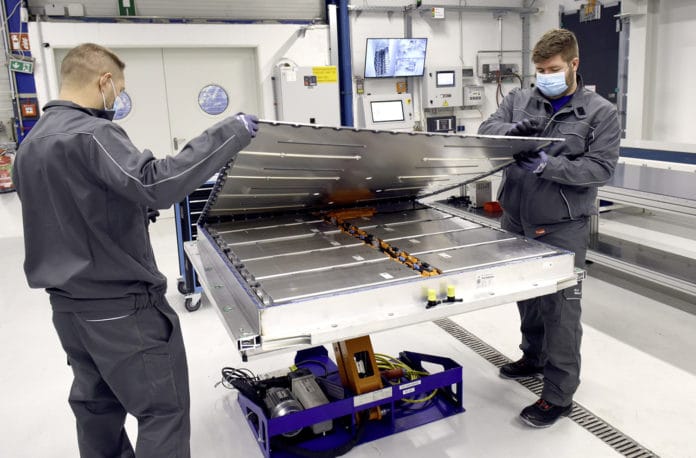Among the legal and ethical obligations of the automotive industry, it is forced to manage the recycling of batteries for electric vehicles. Within the community legislation for the protection of the environment, the mandatory management of electric batteries in vehicles is included when these capacitors have already reached their end of life.
In Salzgitter, Germany, the Volkswagen Group Components opened the Group’s first plant for recycling electric car batteries. With the start of the pilot plant, the Volkswagen Group is taking a step towards sustainable end-to-end responsibility for the entire value chain of electric vehicle batteries. The goal is to recover valuable raw materials such as lithium, nickel, manganese, and cobalt in a closed-loop together with aluminum, copper, and plastics, resulting in a recycling rate of over 90% in the long term.

The particularity of the battery recycling plant is that it only recycles batteries that can no longer be used for other purposes. Before the battery is recycled, an analysis determines whether the battery is still powerful enough to be given a second life in mobile energy storage systems, such as the flexible fast-charging station or the mobile charging robot.
No larger volumes of batteries are expected to be recycled until the late 2020s at the earliest. Thus, the Volkswagen plant in Salzgitter has been designed to initially recycle up to 3,600 battery systems per year during the pilot phase – this is the equivalent to more than 1,600 tons. In the future, the process may be scaled to handle larger quantities thanks to continuous process optimizations.

The innovative recycling process, which also saves CO2, does not require energy-intensive melting in a blast furnace. Used battery systems are delivered, fully discharged, and dismantled. The individual components are granulated in the shredder and then dried.
In addition to aluminum, copper, and plastics, the precious “black powder” is also obtained, which contains important raw materials for batteries such as lithium, nickel, manganese, cobalt, and graphite. The separation and processing of the individual substances through hydrometallurgical processes – using water and chemical agents – is subsequently carried out by specialized partners.
With this type of work, the German Group estimates that 1.3 tons of carbon dioxide expelled into the atmosphere will be saved for a 62 kWh battery produced using cathodes obtained from recycled materials and using electricity from renewable sources.
“As a consequence, essential components of old battery cells can be used to produce new cathode material,” explains Mark Möller, Head of the Business Unit Technical Development & E-Mobility. “From research, we know that recycled battery raw materials are just as efficient as new ones. In the future, we intend to support our battery cell production with the material we recover. Given that the demand for batteries and the corresponding raw materials will increase drastically, we can put every gram of recycled material to good use.”
